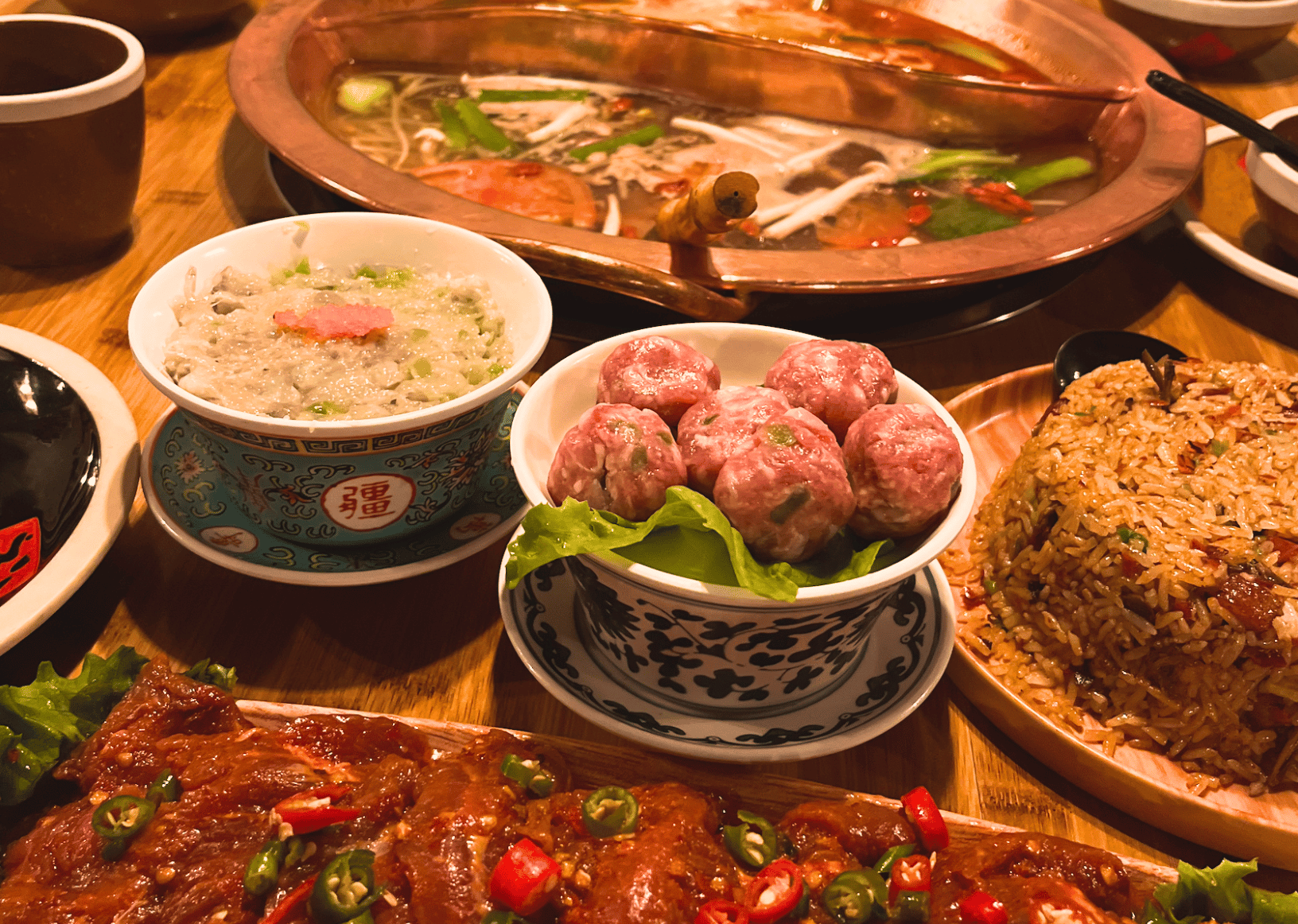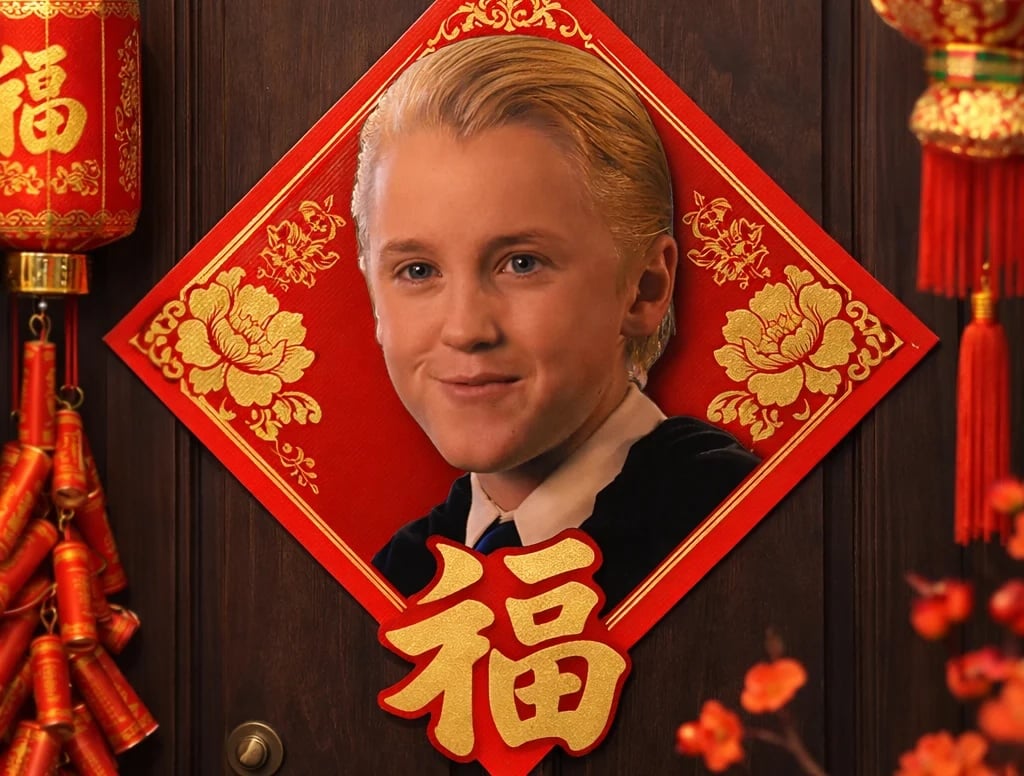The popular Sichuan-style hotpot chain Haidilao has recently faced a backlash over a trendy dance performed by its employees, which some online users have complained is “too disruptive” and “too noisy.”
Known for its customer service-led approach, Haidilao restaurants sometimes offer free manicures, hair washing, and performances like the famous “noodle dance,” in which employees make fresh noodles. Recently, the chain has started offering new dances like the “Kemusan” or “subject three,” a reference to the third section of China’s driving test. Thought to be inspired by a wedding dance from Guangxi in southern China, the Kemusan dance, which involves intimate interaction with customers and significant hip and waist movements, has been criticized by some as vulgar.
On November 28, a group celebrating a birthday at a Haidilao restaurant in Jiangxi province requested a dance from the waitstaff, which led to a disturbance with another group of diners who found the performance too loud and disruptive, resulting in an altercation with the restaurant employees and police involvement.
A representative from Haidilao told the South China Morning Post that while employees are encouraged to provide personalized service, they should not make customers uncomfortable.
The recent controversy has sparked varied reactions among Chinese netizens. One Weibo user downplayed the incident, saying, “It’s just a dance and a handshake from the staff, nothing extreme. The Qing dynasty is long over; it’s time to move on.”
Others view this as a step forward in gender equality, with one comment noting, “Now women can enjoy their meal while men dance. Why do some dancers seem shy despite performing so often? Because they’re surrounded by unfamiliar people.”
However, concerns have been raised about the impact on employees.
“Haidilao has turned good service into blatant harassment, crossing other customers’ boundaries,” a netizen criticized the chain, saying, “This isn’t just about customers; it’s unfair to employees too. They aren’t models or actors; they’re tired employees. It’s easy to film a viral video, but daily repetition is exhausting.”
According to Haidilao employees, dancing Kemusan is initiated by individual outlets and is unrewarded activity. While viral fame is a possibility, this has become a burden.
One employee said to ifeng.com, “We would join in if there were rewards, but there aren’t, and we’re tired. The stores compete, but we don’t have much time to learn.”
Haidilao employees are required to work up to fourteen hours a day, six days a week, with only four days off per month. Sometimes they may only get 10-20 minutes of rest per shift.
In response to the controversy, some Haidilao locations have discontinued the Kemusan dance performance service.
Cover image via Weibo.

















